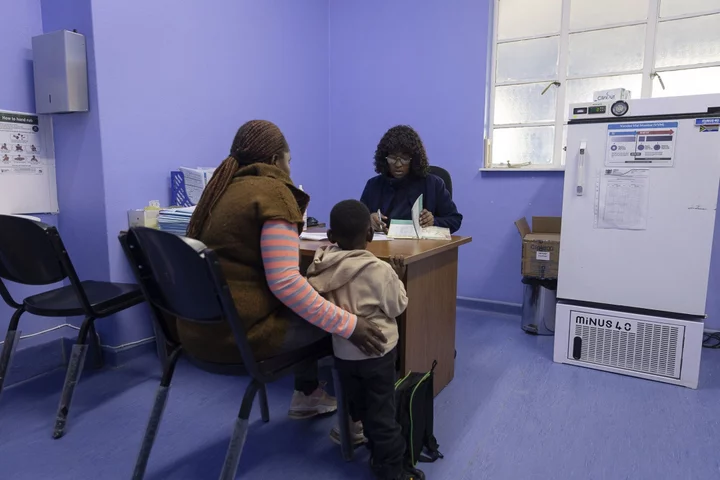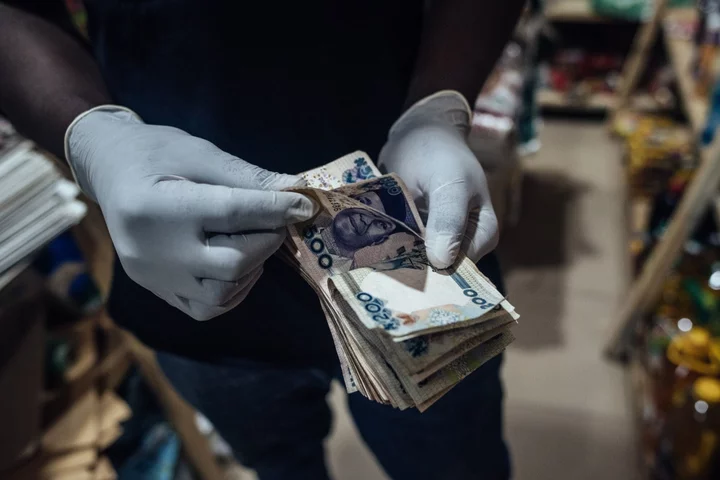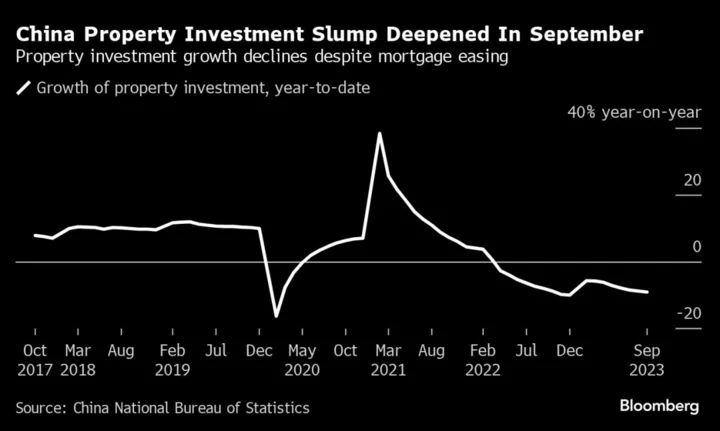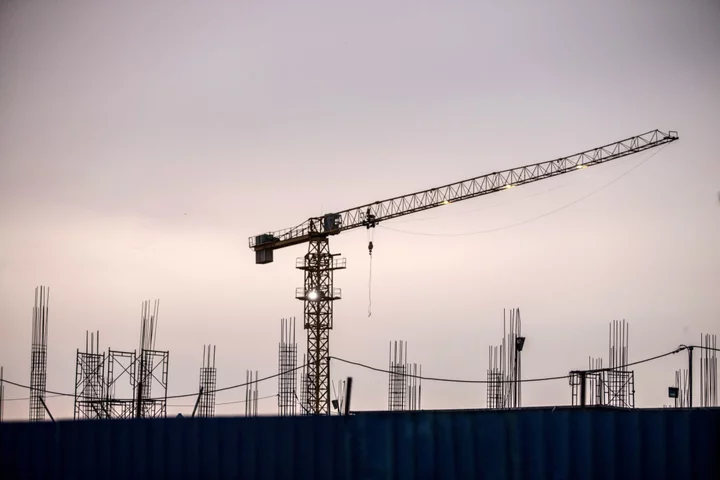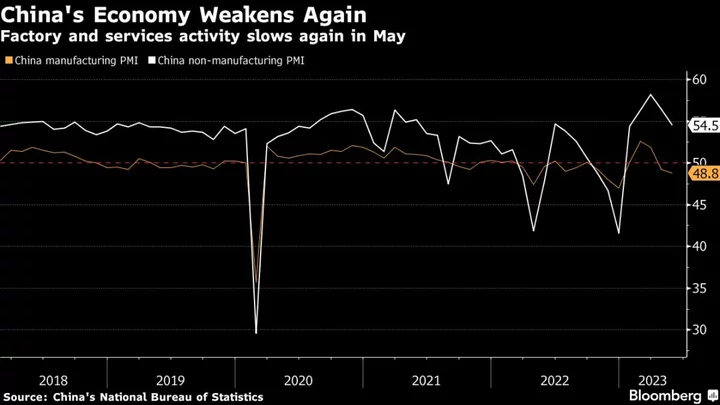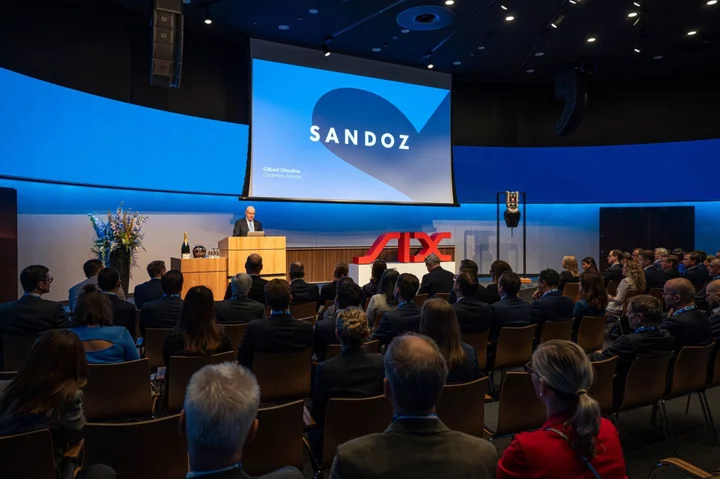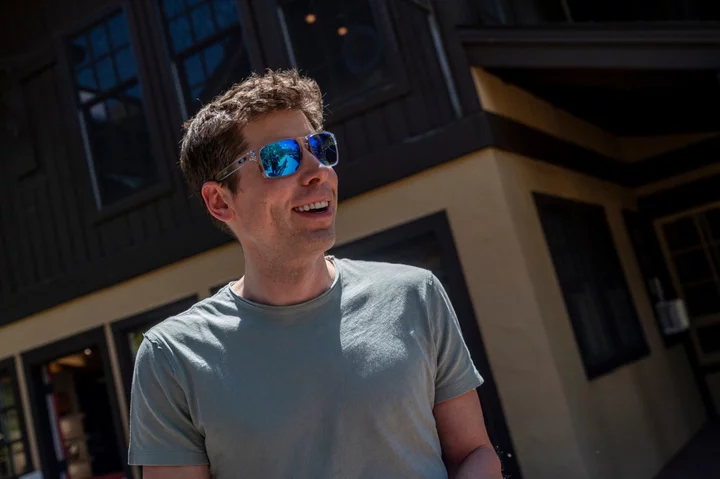As lower-income countries grapple with declines in maternal and child well-being, the Global Financing Facility plans to secure $800 million in funding next week at the World Health Summit to ensure access to health services for millions women, children and adolescents.
The World Bank estimates that 41 governments will spend less on health in the next three to four years than they did prior to the Covid-19 pandemic. That’s as women’s and child health already faces chronic underinvestment, according to the financing facility that was launched in 2015 by the World Bank, United Nations and others.
In Africa, childbirth remains a persistent risk and millions of children do not live long enough to celebrate their fifth birthday. The GFF’s model aims to support countries to embed sexual and reproductive health and rights at the core of primary healthcare.
“When a crisis hits, it is too often the women and adolescent girls who are left behind, particularly when already-fragile health services such as family planning are disrupted,” said Luc Laviolette, head of the GFF secretariat.
By accessing funding, Mozambique improved its adolescent birth rate to 158 per 1,000 woman last year, from 194 in 2015. In the Democratic Republic of Congo, the number of women accessing modern contraceptives rose by 60% in the five years through 2022.
Should the full amount be raised, it would unlock $20.5 billion in investment, helping 250 million women, children and adolescents in 2030, according to the GFF. The Netherlands has confirmed it’s tripling investment to €110 million ($116 million), and the Children’s Investment Fund Foundation has committed $50 million.
The money comes as climate-related health emergencies climb in Africa. A tropical cyclone that hit southern Africa twice earlier this year wrecked or flooded more than 300 hospitals and clinics in Madagascar, Malawi and Mozambique, as well as forcing people from their homes. That means that communities already strained by poverty and a lack of resources have even less access to the help they need.
“Cyclone Freddy took away sexual and reproductive rights that have been hard won over many years,” said Christina Chilimba, a youth advocate in Malawi. “For young women, this can change the whole course of our future.”

